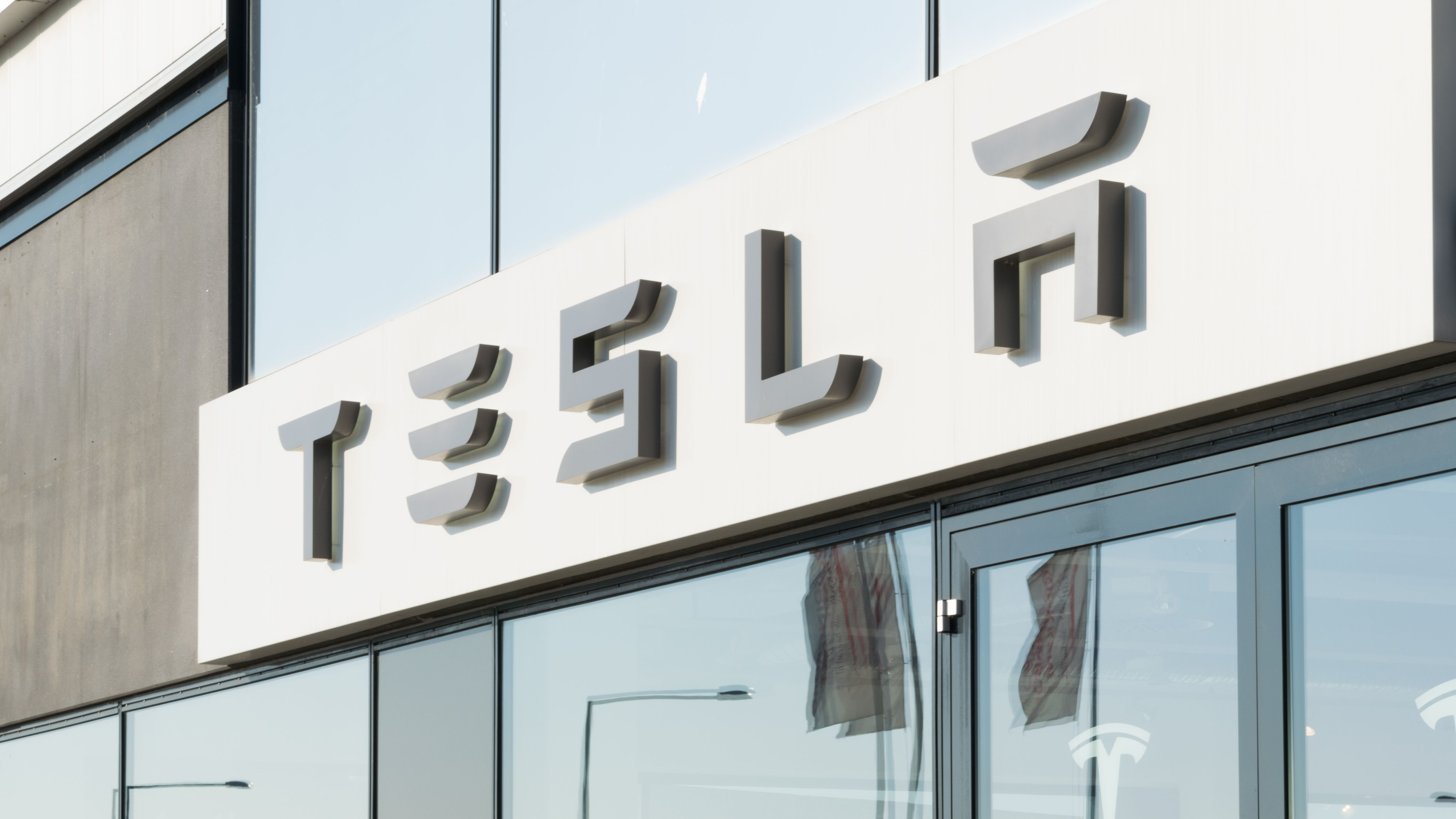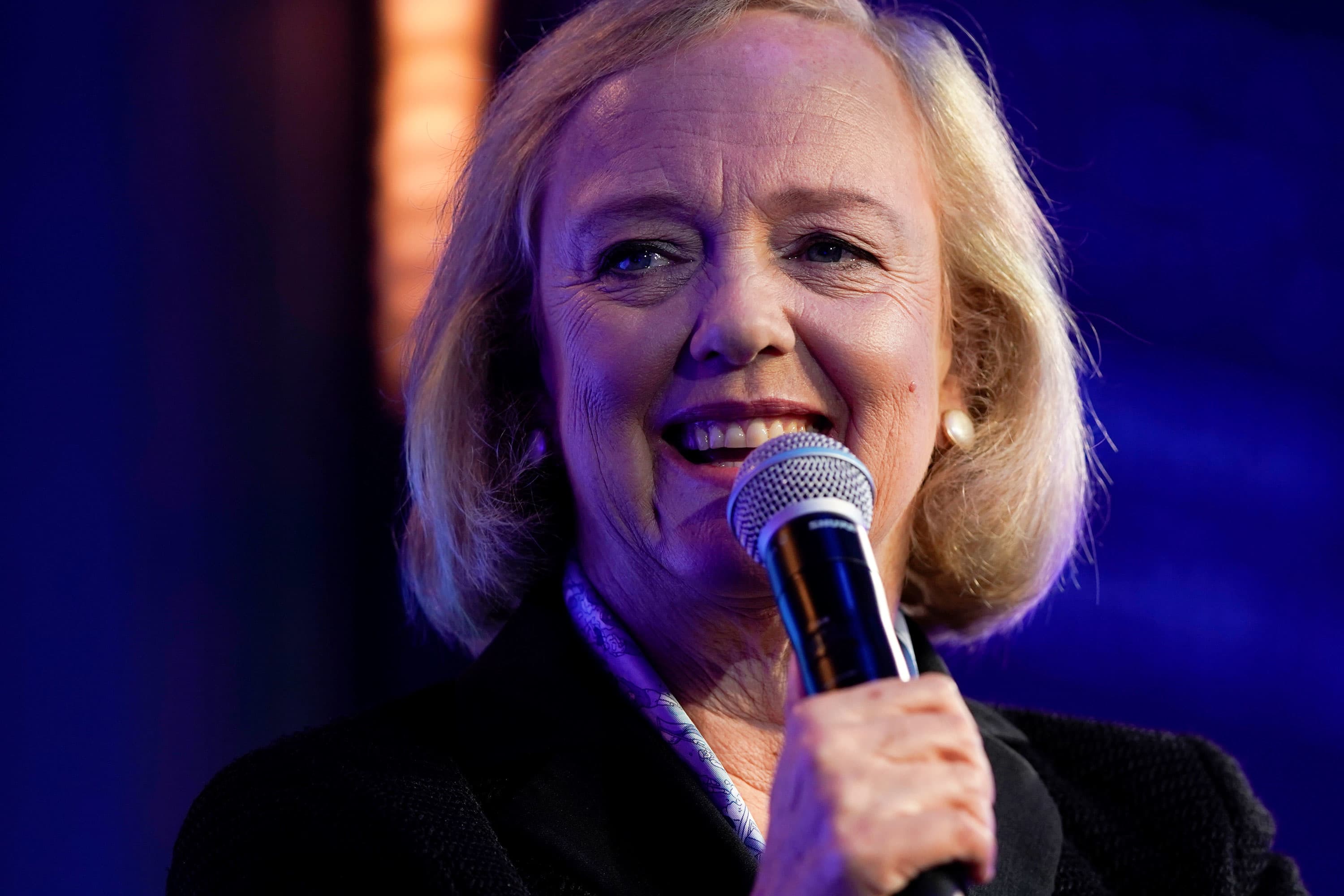Golf course owners and some of their customers are teeing off on Gov. Arnold Schwarzenegger. So are veterinarians, auto mechanics and amusement park operators.
The Republican governor is proposing to extend California sales taxes to cover some services -- rounds of golf, auto repairs, veterinary care, amusement park and sporting event admissions, as well as appliance and furniture repairs. The moves are part of his strategy to erase a nearly $42 billion budget deficit over the next year-and-a-half.
The plan to extend the state sales tax is among several proposals under consideration by Schwarzenegger and lawmakers as they try to reach a midyear budget fix. But it already has generated furious opposition from businesses that would be affected and some of their customers.
"We're old and retired. We don't need any more taxes," said Fred Mayers, of Sacramento, as he played a round of golf recently at a public course in the state capital. "The only luxury we have is playing golf. They can't charge us any more."
California isn't the only state considering taxes on services to address its revenue shortfall. The Center on Budget and Policy Priorities predicts state budget deficits nationwide could reach $350 billion by 2011.
In New York, Gov. David Paterson has proposed taxes on taxi rides, movies, concerts and sporting events and personal services such as haircuts, manicures and massages.
Utah Gov. Jon Huntsman has shelved a proposal to tax attorney and accounting services but promises to bring it back next year.
Business
Scott Pattison, executive director of the National Association of State Budget Officers, says more states could be looking at service taxes.
"It's one of those things that's so politically difficult and controversial that it's usually one of the last proposals that's floated," he said.
California already taxes some services, including gift wrapping, tuxedo rentals and home video rentals. But virtually every other state applies its sales tax to more services, said Jean Ross, executive director of the California Budget Project, a Sacramento think tank.
Other states levy taxes on pet grooming, water well drilling, fur storage, massages, shoe repairs, swimming pool cleaning, taxidermy, and dating and diaper services.
That doesn't make the groups affected by Schwarzenegger's proposal feel any better about it.
The California Alliance for Golf, an umbrella group that represents courses, golf course employees, golfers' groups and course suppliers, started a Web site to oppose the governor's proposal to tax greens fees.
The California Veterinary Medical Association and other industry groups are urging their members to lobby Schwarzenegger and state legislators against the plan.
Schwarzenegger's proposal to tax veterinary care has triggered enough calls that his office created a special "hot issue" line to handle them.
The governor's press secretary, Aaron McLear, wouldn't say how many calls the tax has generated, but he said, "Relative to other issues we're dealing with right now, it's a high volume. That's why it's listed as a hot topic."
Most of the callers are opposed, he said.
The tax on services is part of $14.3 billion in tax increases Schwarzenegger proposed to help close a budget deficit that's projected to total $41.6 billion over the next 17 months. He also is seeking $17.7 billion in spending cuts and $10 billion in borrowing.
In addition to the service tax, Schwarzenegger proposes raising the state sales tax by 1.5 percent through the end of 2011, boosting taxes on alcoholic drinks, increasing the vehicle registration fee by $12 and taxing companies that extract oil in the state.
Sales taxes in California range from 7.25 percent to 9.25 percent, varying from county to county and even from city to city. A 1.5 percentage point increase would raise the rate to nearly 10 percent in many areas of the state.
Democrats say the governor's proposals should be on the table as Schwarzenegger and legislative leaders attempt to negotiate a deal to close the deficit. Republican lawmakers have refused for months to consider raising taxes, but recently indicated they're willing to consider increases if they're tied to tough spending controls.
Schwarzenegger and lawmakers have little time left to strike a deal. The state controller has said he will have to impose a 30-day delay on tax refunds and other payments starting Feb. 1 because of a cash shortage. The governor also has ordered tens of thousands of state employees to take two days off a month without pay, starting Feb. 6.
"There's no good time to raise taxes," said H.D. Palmer, a spokesman for Schwarzenegger's Department of Finance. "This is not something that the governor is putting forward because he enjoys it. He's putting it forward because we have to have a balanced approach to closing this budget gap, and we cannot close it with cuts alone."
He said the six types of services Schwarzenegger is proposing to tax were picked because those businesses commonly collect sales taxes on goods they sell and could quickly adjust to a tax on services.
Parts used by auto repair shops are taxed. So are golf balls, clubs and clothing often sold at golf courses. Many veterinarians sell pet supplies.
The affected industry groups say they are being unfairly targeted and that similar businesses are exempt.
"You don't see a tax on movies," said Bob Bouchier, executive director of the California Alliance for Golf. "You don't see a tax on bowling. You don't see skiing. You don't see a tax on any other sport."
He said expanding the sales tax would further damage an already reeling economy.
The administration estimates that the service taxes would raise $1.4 billion through the fiscal year that ends June 30, 2010. Schwarzenegger wants to implement the taxes on appliance and furniture repairs, golf, veterinary care and vehicle repairs by March 1. Taxes on amusement park and sporting event tickets would kick in April 1.
Opponents question whether the taxes would raise that much, saying they would cause layoffs and fewer customers.
"You're looking at a $50 increase on a $500 (repair) bill at a time when people are not buying new cars and instead are having their old cars repaired so they can keep them on the road to drive to work," said Peter Welch, president of the California New Car Dealers Association.
"This is really going to hit people when they're down. What will happen is we'll see fewer repairs."
Opponents of the service taxes say other increases, such as boosting income taxes or restoring the annual vehicle license fee Schwarzenegger cut when he took office, would be less harmful.
Not all golfers oppose taxing golf. Sean Grace, a home remodeling contractor from the Sacramento suburb of Elk Grove, said die-hard golfers will find a way to pay the tax if lawmakers approve it.
"Ten percent is not too much," he said before slamming a long drive down the fifth fairway at Sacramento's Land Park golf course. "You've got guys paying $100 (for green fees). What's another $10? They're going to find it somewhere."



